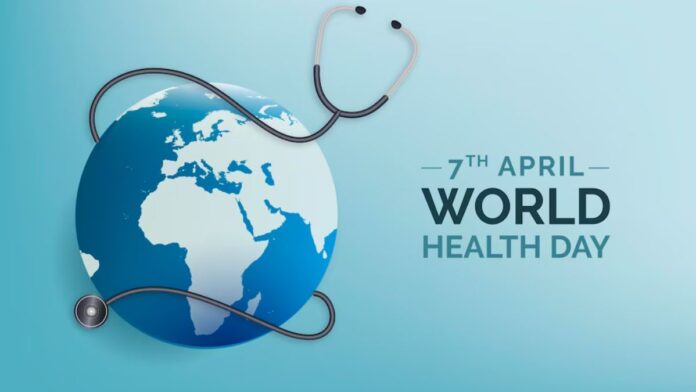BY DAVID ADUGE-ANI, ABUJA
The federal government said it is working towards reducing maternal and newborn mortality, even as it emphasises the urgent significance of retraining of frontline health workers.
Speaking in radio news programme, minister of health and social welfare, Dr. Iziaq Adekunle Salako, stated that the theme for this year’s Commemoration of World Health Day, “Healthy Beginnings, Hopeful Futures” aligns perfectly with the manifesto agenda of President Bola Ahmed Tinubu.
In a statement by the deputy director (information and public relations) in the ministry, Alaba Balogun, Salako said the commitment of the government to end preventable maternal and newborn deaths in the country is receiving urgent attention.
“And to achieve that, the Health Sector Renewal Investment Initiative was developed as a mechanism to ensure that universal health coverage is achieved.
We are able to save lives. We are able to prevent physical and financial pains”, he added.
Elaborating on some of the maternal and new born initiatives of the Ministry, the Minister highlighted the critical importance of training and retraining of health workers. There is a target to train at least 120,000 frontline workers, he stated. About 50 percent of them have already been trained.
“If you look at one of the key deliverables of the Federal Ministry of Health & Social Welfare within the Presidential Priorities is to ensure that by 2027, we reduce maternal mortality by at least 20 percent and reduce infant mortality by at least 15 percent.
In order to ensure we do that, the professional delivering the service must be well trained”, Dr. Salako further emphasized.
Taking capacity building a notch higher, the Minister pointed out that a practitioner must show evidence of continued professional development on annual basis; besides renewal of practising licence.
Speaking on ensuring equitable access to maternal and newborn care across the country, Dr. Salako informed Nigerians that the present administration is intentional on expansion and development of primary healthcare centres.
He further said: ” We are developing such initiatives like MAMI (Maternal & Neo-Natal Mortality Reduction Innovation Initiative) which is specifically targeting high-budget local government with respect to maternal mortality rates.
So you will see that with all this put together, we are taking maternal and child healthcare closer to the people at the grassroots.”

